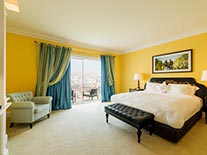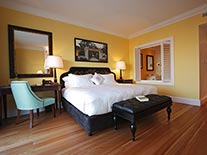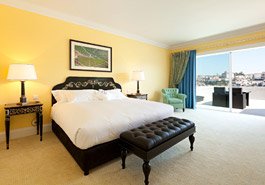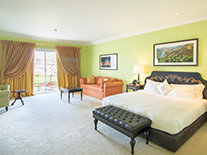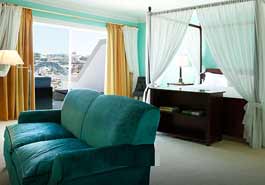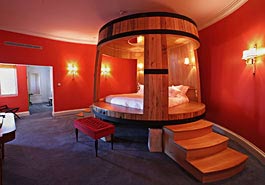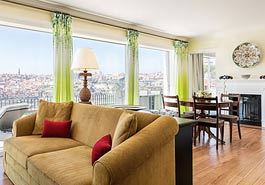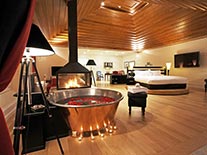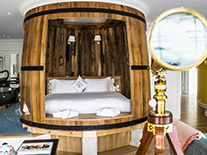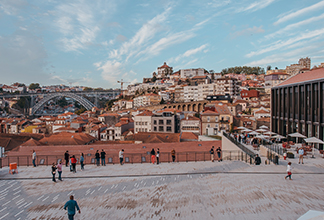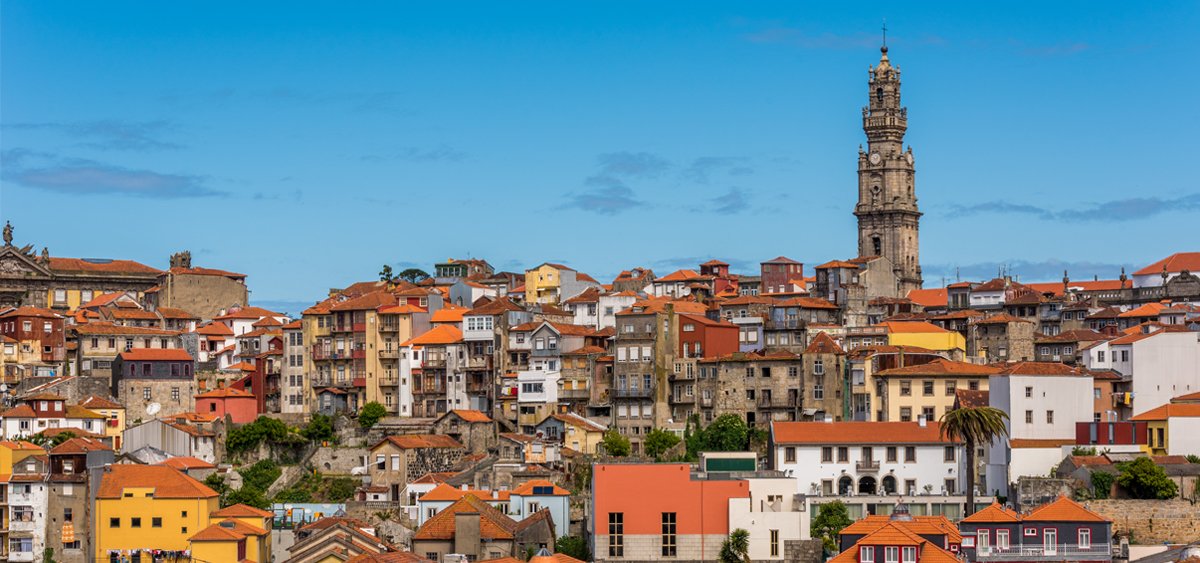The history of Porto dates back to the 1st century BC when, under Roman rule, the city played an important role on the main trade route between Lisbon and Braga. At the time, the city was known as Cale, or Portus Cale (Port of Cale, the origins of the name of Portugal), and was situated on the banks of the Douro River where today Porto and Vila Nova de Gaia are located and indeed, The Yeatman.
Between 410 SD and 584 AD, the region was invaded by the Germanic Suebi people, who took control from the Romans and made the city now known as Braga their capital. However, the Suebi rule over the area was short-lived, being successfully overrun by the Visigoths in 584 AD who renamed the settlement at Porto, Portucale. Control of the region changed once again in 711 with the Moors invasion of most of the Iberian Peninsula.
In 868 Count Vímara Peres, a Christian warlord from Galicia overthrew the Moors, taking control of the region from the Douro River to the Minho River in the North, where he constituted the first County of Portugal (Condado de Portucale), creating a national identity and the basis of Portugal as a country.
In 1386, King John I of Portugal was wed to Philippa of Lancaster, daughter of the English first Duke of Lancaster, John of Gaunt and so was born the Treaty of Windsor alliance between England and Portugal, the oldest military alliance between any two countries in the world.
Blessed by the deep waters of the Douro River, Porto was crucial in the 14th and 15th centuries in the development of Portuguese shipbuilding, and was the port from which in 1415 Henry the Navigator set sail to explore the western coast of Africa and initiating the Portuguese Age of Discovery. Under his command, the islands of Madeira and the Azores were reached in 1419 and 1427, respectively.
During this time in the history of Porto, its people earned their nickname as ‘tripeiros’, or tripe-eaters, as the good cuts of meat were sent with the ships for sailors, leaving the people of Porto to eat whatever was left, such as tripe.
By the 1700s, wine was already an important part of the economy and contributed enormously to the growth of Porto, with boats known as ‘barcos rebelos’ transporting barrels of wine down the Douro River from the vineyards of the Douro Valley. In 1703 the Methuen Treaty established trade relations between England and Portugal, and by 1717 the first English trading post for Port wine was already operating out of Porto.
The 18th and 19th centuries were a period of growth in the history of Porto, and also brought conflict. Napoleonic troops invaded in 1809, with the population fleeing across the pontoon bridge, Ponte das Barcas, which collapsed under the weight. Fortunately, the French troops were outflanked by Arthur Wellesley, the first Duke of Wellington who commandeered wine barges to cross the river with his troops from the banks of Vila Nova de Gaia.
The Ponte das Barcas bridge was the first of many to cross the Douro River in Porto, linking north and south banks. After its collapse, it was replaced in 1843 by the suspended bridge Ponte Dona Maria II, the supporting pillars of which can still be seen to this day alongside the Ponte Dom Luís. The first iron bridge was also inaugurated in 1843. A railway bridge, called Ponte Dona Maria which stands to this day, it was designed by Gustave Eifel and was considered a feat of engineering at the time. The more famous Ponte Dom Luís, an icon today for the city of Porto, was opened to the public in 1886, and was designed by Teophile Seyrig, a former partner of Eifel.
At the end of the 19th century, in 1891 unrest by Republicans led to a revolt in the city, a key event in the history of Porto and Portugal that would eventually culminate in the declaration and creation of the Portuguese Republic in 1910.
